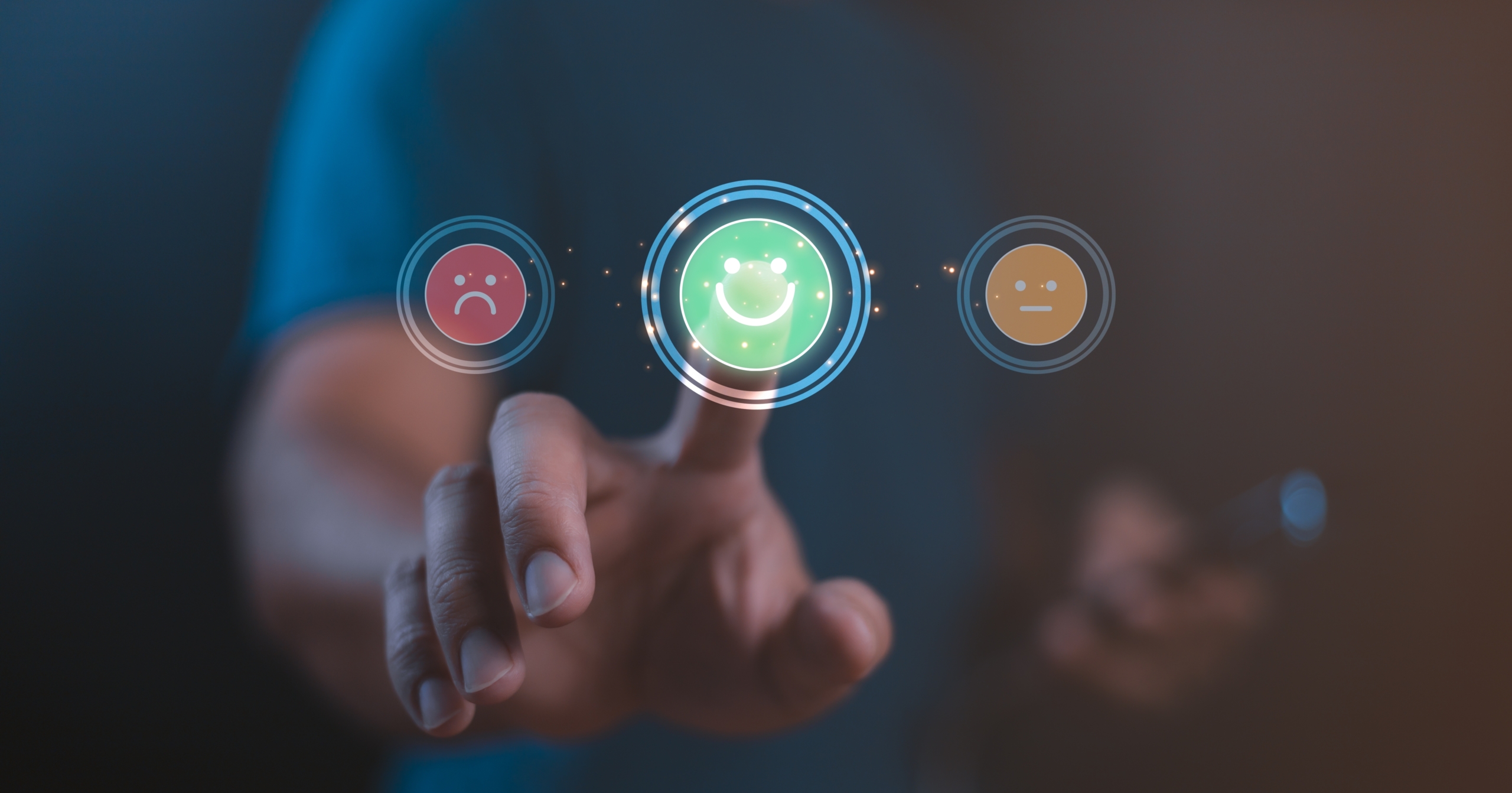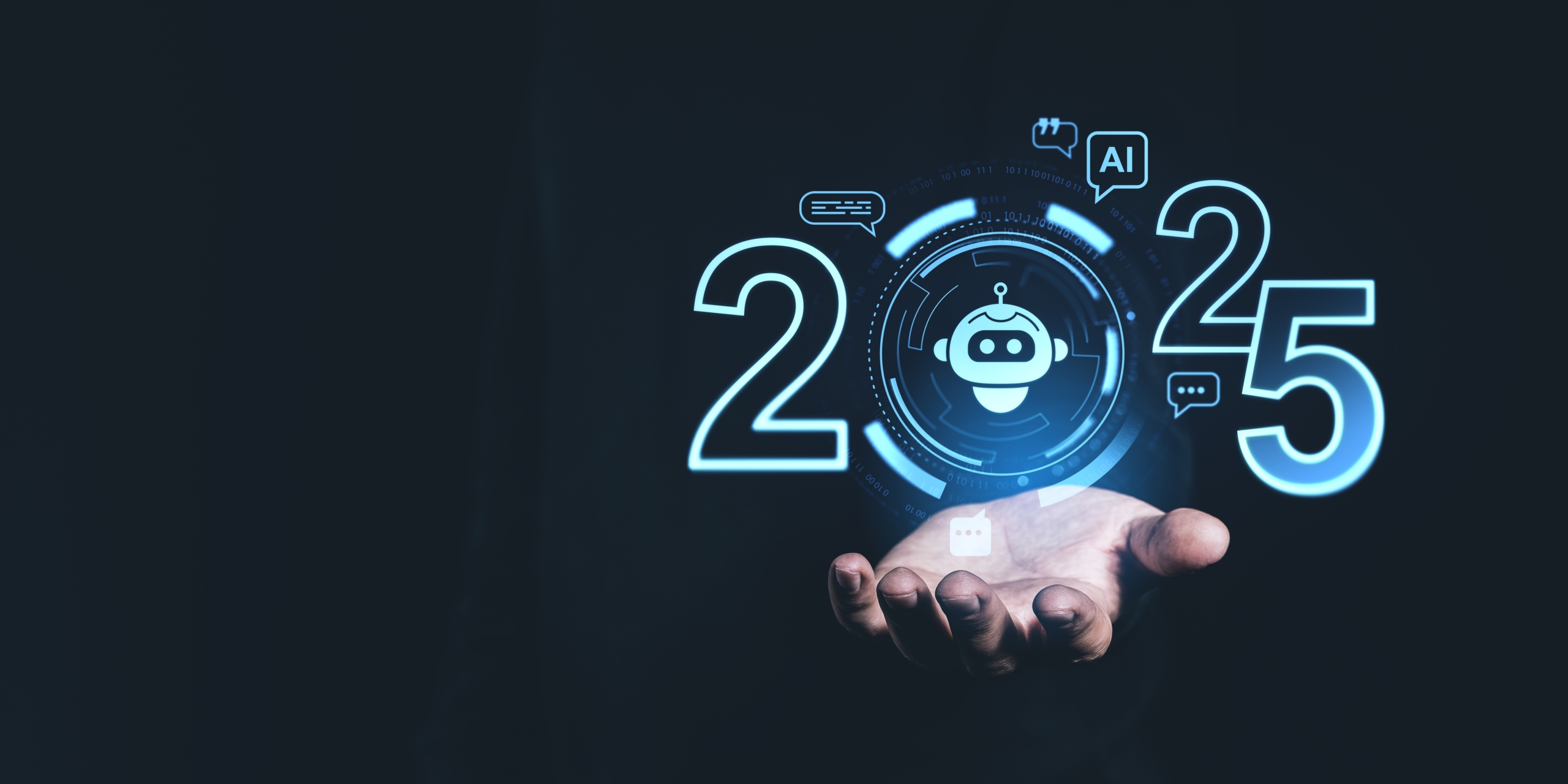People in lockdown: Louise Patterson and Laura Willming explore the new reality for CPOs.
Louise Patterson was Chief People Officer at Graze and now joins our network of Operating Consultants. Laura Willming (Head of Portfolio Talent) spent some time with Louise exchanging views on the effects of lockdown and the future implications for business, culture and ways of working.
Laura: What have been the positives of lockdown for you personally?
Louise: Investing in my own learning. That’s ranged from listening intently to other people’s experiences to (very gradually) learning Italian!
What impact have you observed on business in general?
There’s been a massive spectrum of course, but some commonalities. The vast majority have put their people front and centre. They didn’t have to be told; safety and well-being felt like a natural instinct. That was back in March/April, so in some ways we’ve done the easy bit. The more interesting challenge will be the longer term decisions. It’s unnerving for all companies because there’s no playbook to follow. We’re all learning as we go.
What about the conditions for change. Are they favourable?
Yes, the barriers for change are lowered. There’s less risk-aversion as well as less stake-holder management. The smart businesses are realising there’s natural momentum and a fast pace of decision-making that they can harness and build on, if they want to. There’s more cross-functional collaboration too.
So what does this mean for leaders?
Leaders can’t just be the ones who confidently communicate the plan any more. They now have to be more transparent and they can – or have to – admit they don’t have all the answers. They can say, “I don’t know, I’m learning with you and I’m open to new ideas”. This is a new space for leaders.
Then there’s the personal connection. The need for team safety and well-being have brought kindness and care to the fore. Many leaders have found they’ve enjoyed exercising these new muscles.
Organisation purpose has also come forward. There’s been a magnetic pull for companies to come back to their purpose. With plans, forecasts and even performance out the window, all your left with is “what is your purpose of this business?” And that then becomes your true north.
And finally productivity. A lot of leaders, if they’re honest, have an underlying belief that people might get away with doing less when they work from home! But in this mass experiment, it looks like productivity has actually gone up. Less checking in and interactions, less all-day meetings, less detailed business reporting, less writing endless decks for stake-holders and more getting on with the task in hand. We’ve always been looking for ways to take friction out of the system and it looks like we’ve found one!
The People leader in an organisation has perhaps now moved into a more critical or strategic position, faced with the question of how to set people up to continue to feel supported in turbulent times. How have you seen People leaders step up, relative to their fellow executives?
In the early days the number one item on the agenda of any meeting was people. Are they ok? Do they know what they need to do? Then as we’re moving further into this, the big question is how should we work now? How do we support each other as a community? And sadly in some cases, how do we re-size this business when the bottom’s just fallen out of our market? How do we say goodbye in the right way?
I’ve heard people leaders describe this as “the ultimate resilience test”. Many have said they’ve never worked this hard in their entire careers. Listening and understanding – those key skills – can be time-consuming and demanding, especially when they involve such a diversity of circumstances: life stages, physical and mental health and each individuals’ home and family setup.
CEOs are seeing the power and impact of the People Leader role even more clearly now.
Yes. The People Leader role can be a lonely job! That’s being recognised. The other change, particularly in small organisations where the People function might just be one person, is that people leadership has to become part of every managers’ role.
This could feed in to more enduring loyalty and commitment within companies. Many employees may have formed a deeper connection with their company and their leadership, having ridden out such a tough time together and there may be some long term pay back from that. On top of this, we’ve had a heady jobs market for a number of years, with people hopping every 12-18 months, but a recession will most likely change that.
Where there have been positive benefits of lockdown, can companies embed those longer term?
People have experienced lots of new things for the first time. Many people won’t want to give up flexibility or autonomy or less onerous business processes. The question is, as we creep back to old routines, will old barriers creep back in too?
And what do you think that means for the office as we know it, as it relates to WFH?
The benefit will be allowing people to work in the way that suits them. After all, WFH is not necessarily good for all. Some will be desperate to get back to the office. For many younger employees, their social life is there. This raises the question of two different communities forming and the effect this will have on culture.
For many startups, the offering in the office – the snacks and Friday beers – was the spine of their EVP (Employee Value Proposition). Now this may carry less weight. They’ll need to work out a more diverse benefit offering.
So remote-working is not about better or worse, but flexibility will be the benefit: a hybrid culture.
(No offence to Octopus, but I have way better snacks at home!).
So we’ll have more of a hybrid culture, where interactions are defined quite differently.
Yes, and what will that mean for office space? Currently they tend to be banks of desks where you do individual work, with meeting rooms for group work. But the office may not be where the work gets done. Instead they would be a project space, or a showcase for customers or just a place where people come together. Some may decide they don’t need an office at all. Without doubt, there will be a diversity of needs, so conversations with teams over time will be essential.
We’re not just working from home, we’re working from home during a pandemic. Those extra pressures (schooling etc.) will shift. What then?
One of the other opportunities WFH opens up massively is the talent pool. Suddenly it’s national if not global. At Graze one of the founders and mainstay developers lived in New Zealand, but that was seen as an exception, given he was a founder. In the near future it could be accepted as normal.
Yes, it will allow for much more diversity too.
Absolutely. It won’t just be about who can commute to Old Street. Having said that, I do think remote onboarding will be an issue. A lot is being talked about it, but I think it’s still hard to immerse someone in a culture without that vital physical, social interaction time. You can intellectually engage from home, but do you emotionally and socially engage in the same way?
How do you think performance management will change?
There will always be a need for it. You’ll always have mis-matches between role-requirements and individuals. There might actually be more need for it in the short term, as roles adapt and change. The two watch outs: how do you genuinely support someone to improve their performance when you’re not sitting next to them. They could feel more isolated and less confident. The second is when a deterioration has only happened post-lockdown. Is it contextual, or because of home circumstances? I would say be cautious before your act on performance issues since March.
There’s been a lot of talk about mental health, unsurprisingly. What’s the first thing a company could do to implement a support system if they haven’t already?
Talk about it. It needs to be ok to have that conversation. Leaders talking about their own struggles is a powerful way to give permission to everyone else. Then support structures such as mental health first aiders, Headspace or other external services can be put in place. Companies who aren’t having those conversations should definitely start now.
How might org structures and operating models shift?
There have been quite a lot of amusing memes about the death of managers! But that is over-simplistic. It’s more of a shift in that role. The manager as the direction setter, context setter and communicator is still a very important role. This might point to some natural opportunities to simplify over-complicated, overly-layered management structures. There will be some companies that will be nudged away from rigidity towards more agile squad-based working, but I don’t think it will be a massive overhaul. It will be more about the role of the leader and the manager, taking an interest in the whole self of team members rather than just their work function.
The danger with WFH is that things become transactional. So you have to work harder at keeping the glue that binds the community. Leaders and managers have an important role to play here.
What else would you suggest to People Leaders?
Talk to your peers. It’s never wasted time. Find out what they’re doing, what they’re anticipating, learn from each other and don’t become insular. I’m noticing that the networks I’m a part of, that include many FTSE 250 Chief HR Officers, are investing significantly in online sharing, far more so than ever before.
What feature could Zoom add to make video-conferencing better?
Interesting! A “Banter area”? The calls I prefer are where there’s downtime before or after a meeting. Just being human beings before you get into the agenda.
I’d like to see a feature that automatically shuts off all the other notifications.
Or one that keeps my teenagers and cats out of the room!
And finally, what are your hopes for the future?
I’m a natural optimist. There’s an opportunity to create a sense of possibility for people. To paint a brighter future. Teams want to hear a positive message. Even if it isn’t about performance it comes back to “what are we all here for? What are we trying to do? What could this business be? How could we work together differently?














